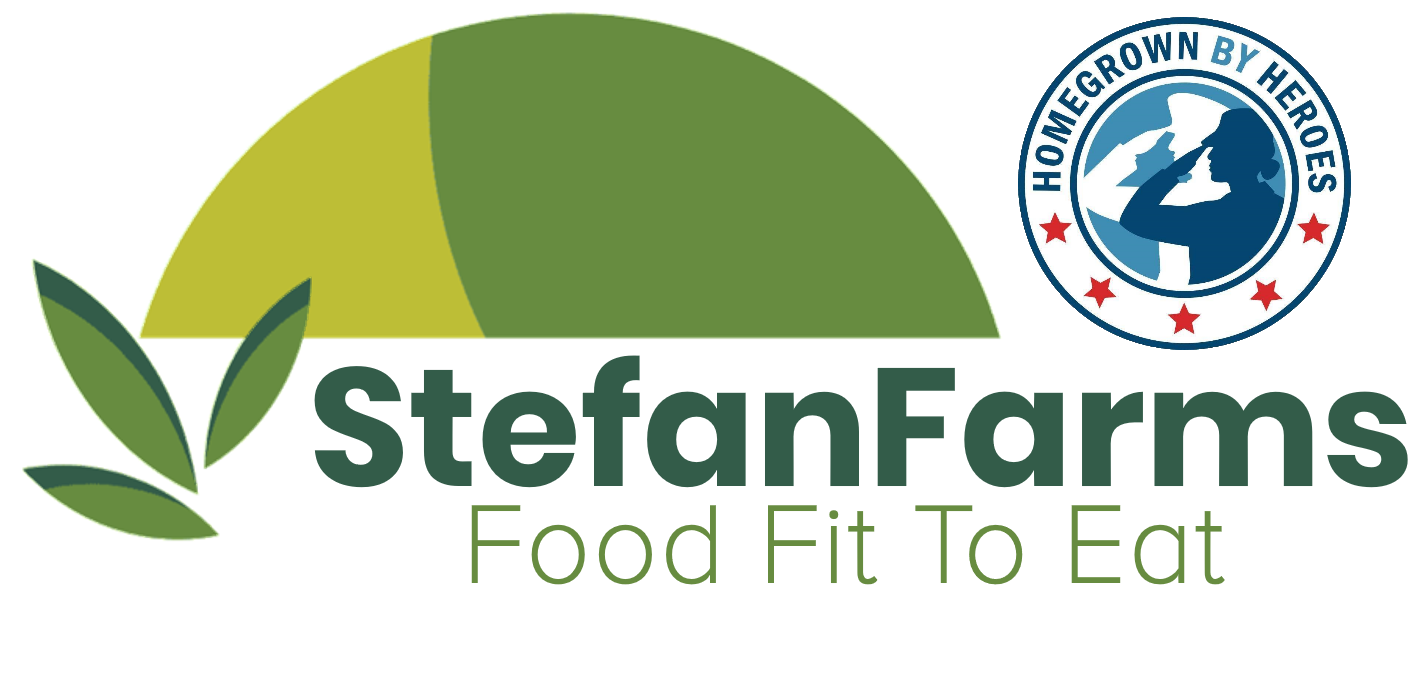Our Philosophy
Our Farming Philosophy: Minimalistic-Alternative
We lease our land, which means we can't pursue organic certification. This is also a different story than “just organic” the way I grew up with and what I deeply value: You take care of the soil first. Healthy soil = healthy plants = healthy food = healthy you.
Fun fact, if plants are healthy, they don’t have pests. Pests are only doing their job too. They are a symptom of imbalances. If strong toxins are used, it is not only bad for us as consumers of these plants, but it does major damage to these little critters that process things in the soil. We’re not even talking about pollinators yet. Let’s not destroy them. Not in farming, not in your yards, not in our guts.
However, we've developed our own approach: Minimalistic-Alternative.
Since I invented this phrase, allow me to explain . . .
What is Minimalistic-Alternative?
It's a practical philosophy based on a few key principles:
Non-GMO: We are committed to Non-GMO vegetables. It's a fundamental choice for us.
Responsible Chemical Use, or not at all: We refuse strong toxins and heavy applications. When necessary, we prioritize organic solutions or the least toxic options, applied precisely. We use fertilizer sparingly, like "salt and pepper," not liberally like mayo and ketchup.
If something can’t make it with just a little help, then the harrows will end it (and return nutrients in the process). And we can do that since we have small patches of different things in intervals.
This also means, there might be occasional tip-worm in the corn, some little holes in leaves, imperfections, and signs that plants struggled with visitors. That is, contrary to popular opinion, a good sign. Too many demand perfection, and that is the result of false propaganda (from the chemical industries).
A lot of things can challenge plant health beyond soil health. Crazy weather for example is common. Too wet, too dry, too hot etc, etc. Part of the nutritional benefit of plants, especially herbs, is the constituents plants make to deal with these things. This is also why local food is that much more beneficial than things from far away. We’re dealing with similar issues.
If a little bug can eat something, then it is safe for us as well. The “coal mine canary”
Crop Diversity, Rotation, and Feeding the Soil: We grow a wide variety of vegetables in small patches and rotate our crops to maintain soil health, in addition to “feeding the soil” - this sounds silly, but the soil is not dead matter. It is a whole ecosystem with lots of layers of inhabitants. It is these that must be taken care of because they are what make plant nutrition possible.
Weed Management: We rely on traditional methods like hoeing and tilling, as well as biodegradable plastic.
Integrated Pest Management: When pests, fungi, or viruses threaten our crops, we research and implement the most natural and least toxic solutions available.
Our Approach in Practice:
We're committed to delivering quality and growing our vegetables the way we want to eat them. We understand the importance of healthy food and believe many "weeds" are valuable herbs. We apply the same principles to our plants as we do to our own well-being: prioritizing safety and benefit.
We work there, the kids help, and I am the first to snack on not only the vegetables but also the weeds, many of which I call Herbs.
Health starts with Food. It is that simple.
In other words, like in medicine, there is a time for herbal treatment, and there is a time for allopathy. It really depends on what ails you. Same for the plants. But unlike medicine for humans, we would rather not have something, than turn it into something that is not safe and beneficial.
“ Let food be thy medicine and medicine be thy food” Hippocrates

